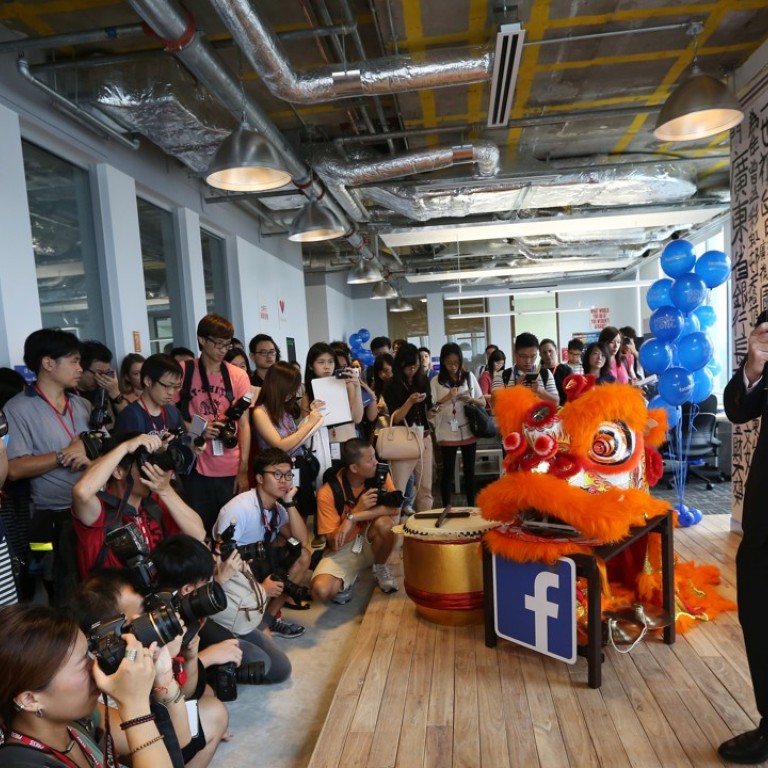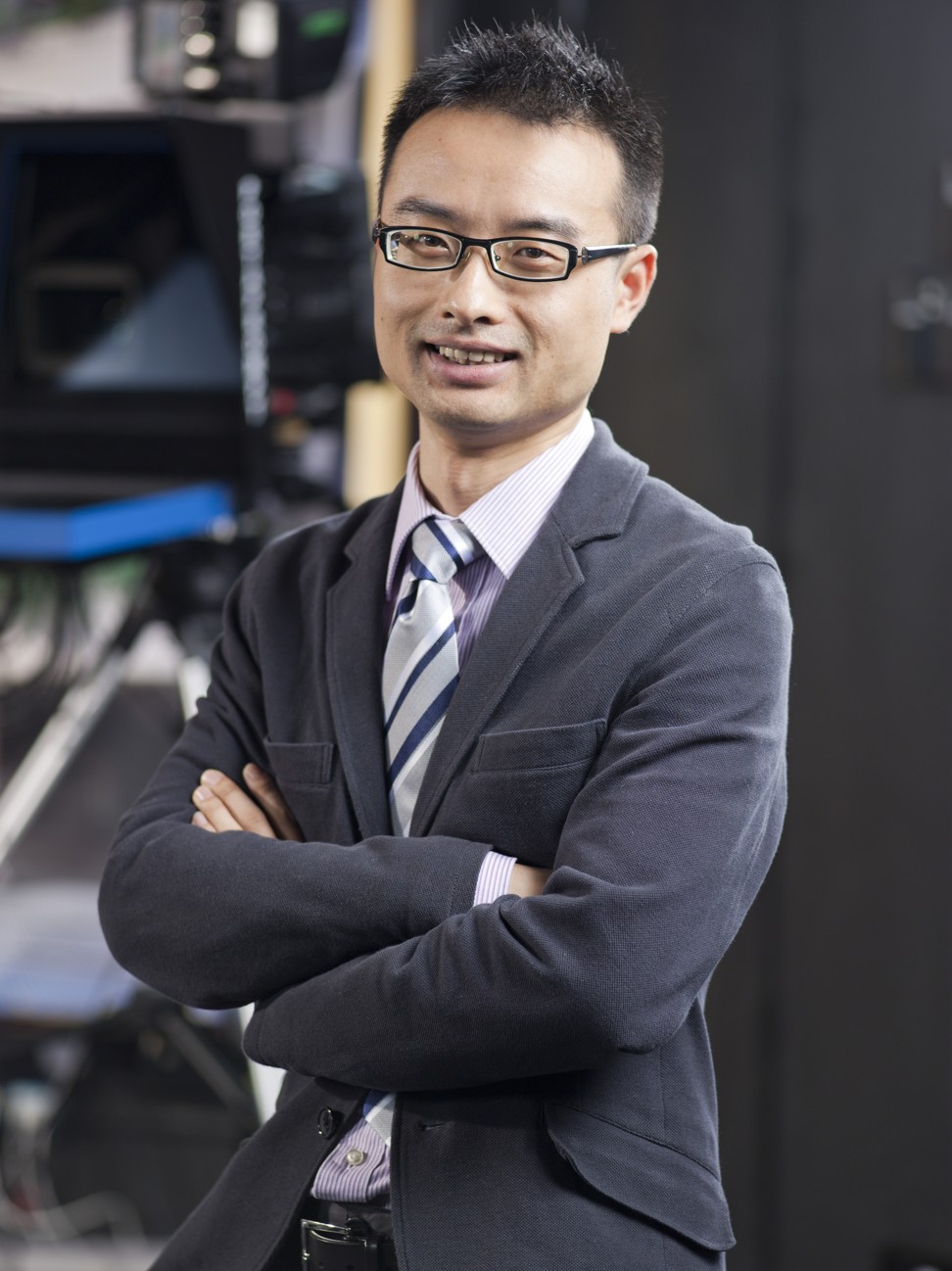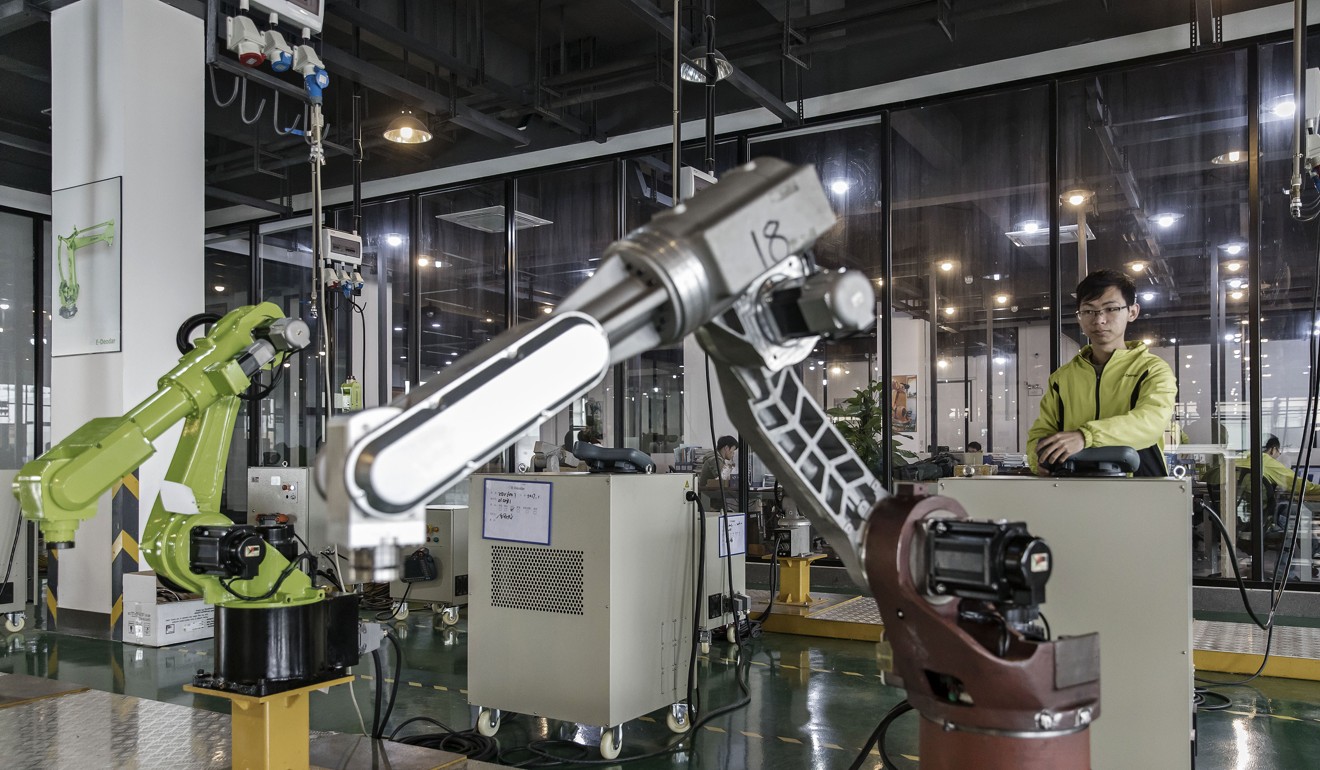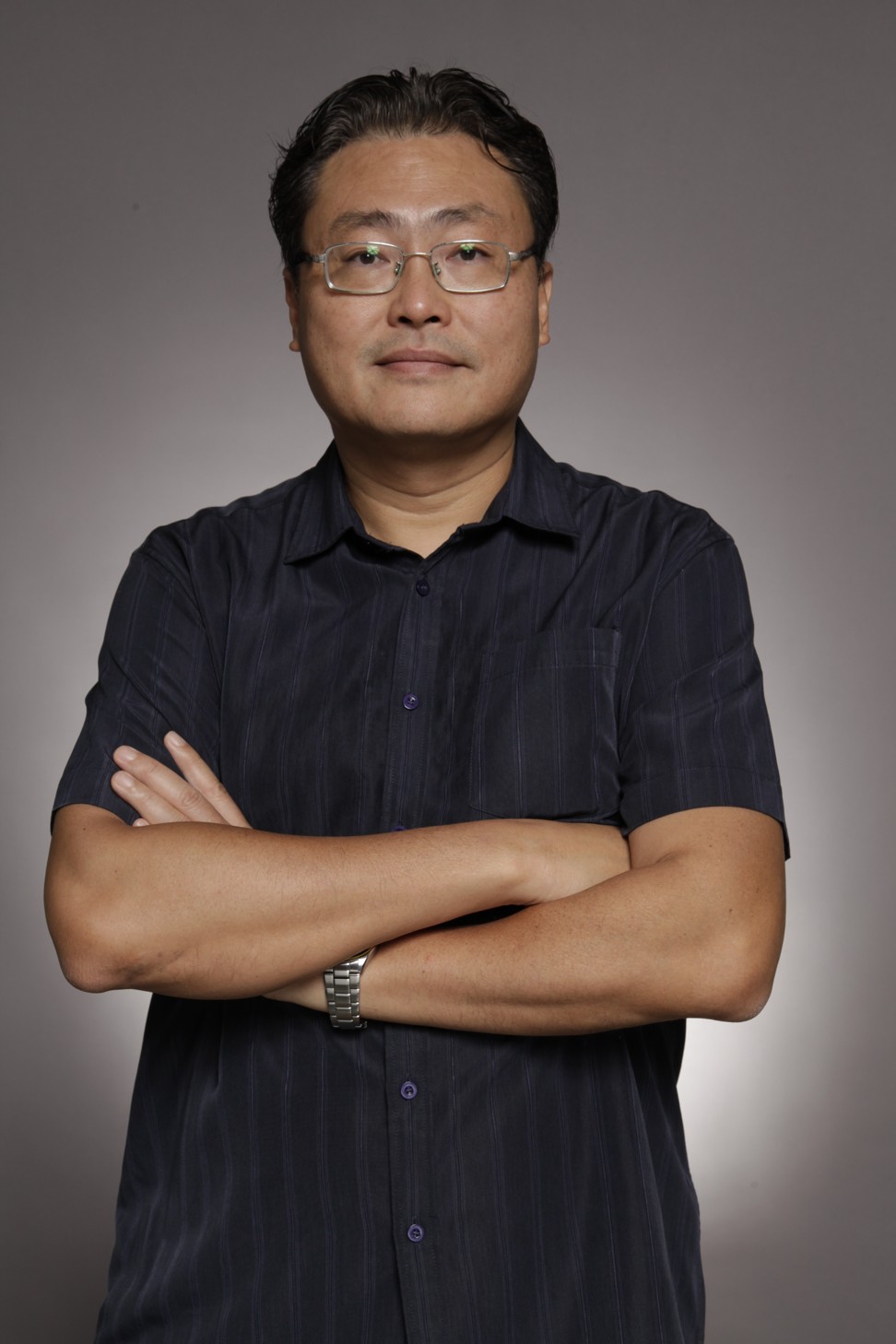
Multimedia and design courses adapt to new digital media
Courses equip students with all the skills they need to succeed in this fast-paced hi-tech arena.
The rapid rise of digital media over the past 30 years has changed the ways in which the world interacts and does business.
The challenge today for media graduates, therefore, is in trying to understand the implications of new media on citizens of the new digital age, especially in terms of rapid technological developments, the explosion of consumer-friendly intelligent devices, as well as the huge uptake of internet and mobile device usage.
In response to this, universities have been gearing up their programmes for those who wish to pursue a career in, or simply develop a deeper understanding of, new digital media. Two universities which have taken the lead in new media are the City University (CityU) and Polytechnic University (PolyU), both of which have launched individual courses to cater to the demand for new media programmes.
“Over the past 15 years, new media has undergone significant changes,” explains Dr Shen Fei, programme leader for the master of arts in communication and new media programme at CityU. “Our [master’s] programme was launched in 1998 and was the first MA programme of its type in the region.”
Shen explains that the university decided to launch the programme to provide students with advanced training on human communication theories and cutting-edge new media technologies because the expertise and practical skills that once worked with new media needed significant updating in order for graduates to be able to work in the field.

“In 1998, new media referred to personal computers, dial-up internet and cellular phones, but today new media could mean a broad range of digital and mobile media channels and applications enabled by internet technologies,” he says.
Shen adds there are two sets of skills that are particularly in need in the industry – in visual communication, and new media data analysis.
The programme was set up to offer students an in-depth theoretical and applied knowledge of the field, to prepare students to work in different sectors or to continue in their advanced studies. And because of the speed at which changes in technology occur, the curriculum is regularly updated.
In 2016, to meet industry demands, the programme was split into three streams: media data analytics, which focuses on using emerging computational social science methods for online data acquisition, processing, mining and visualisation; visual media, which explores visual message production, presentation and delivery through various communication applications and channels, including photo journalism and video production; and digital media, which focuses on studies of communication and new media and technology applications in various digital formats and through diverse media channels.

Students must select a stream after they complete the first semester of their studies.
By focusing on these different areas and sectors, Fei says students who graduate from the programme tend to get very good job offers after completing the programme.
“In the past two years, our graduates got job offers from companies such as Google, Nielsen, Tencent, Baidu, China Mobile, TVB, Edelman, and TBWA. In addition, during their study at CityU, many students’ coursework received awards from prestigious organisations under the guidance of the course instructors and professors,” he says.
Such awards include the Best Short Film Award at the 2016 Guangzhou International Documentary Film Festival; the Winning Prize in the 2015 ASUS Creative Advertisement Competition, and the Interim Best Shop award in the 2015 Yahoo Auction Competition.
The programme admits 90 students, and Shen says it is best to apply early.
“The study period of the programme is one academic year. The course work is relatively intense. Students need to be devoted to the studies and work hard to achieve excellence and prepare for their future career,” he advises.
PolyU has also been working hard to develop programmes to equip students for successful careers in the digital world.

“The master of science in multimedia and entertainment technology (MscMET) programme was developed to equip our students with the latest knowledge to excel in the rapidly advancing digital marketing and game, internet and mobile industry,” says Dr William Liang, visiting assistant professor at PolyU.
Liang explains that artificial intelligence, virtual and augmented reality, 3D spatial audio, cryptocurrency and blockchain tech, drones, wearables, crowd and source funding, big data, social robots, transformative tech, quantifiedself, and the rise of the maker movement are all major industry trends that are affecting the media industry as a whole. So the programme is suited to those who are interested in becoming an entrepreneur, a producer, or even a researcher in the digital media technology industry.
Throughout the year, we remind them and demand that they ‘make something people want’, which is reflected in them creating real-world value for real-world customers through their projects
“The programme teaches the students to be critical thinkers, to be inquisitive, and to stay abreast of latest developments and to learn by themselves,” he says.
Working closely with the industry, students are encouraged to participate in entrepreneurial seed fund contests and hackathons. Industry experts are also invited to come and share their experiences. Then in their capstone final-year project, students are expected to find real users and customers for their projects and to develop according to real-world requirements from inception.
“Throughout the year, we remind them and demand that they ‘make something people want’, which is reflected in them creating real-world value for real-world customers through their projects,” Liang says.
This unique aspect of the programme is a strong pull for the 60 students who come through the door each year. Students feel that the programme delivers on what it promises with a significant number of students having either started their own technology start-ups, or working as product managers or user experience designers in tech companies after graduation.
This story appeared in the Professional Education Guide 2018 as: a brave new world
